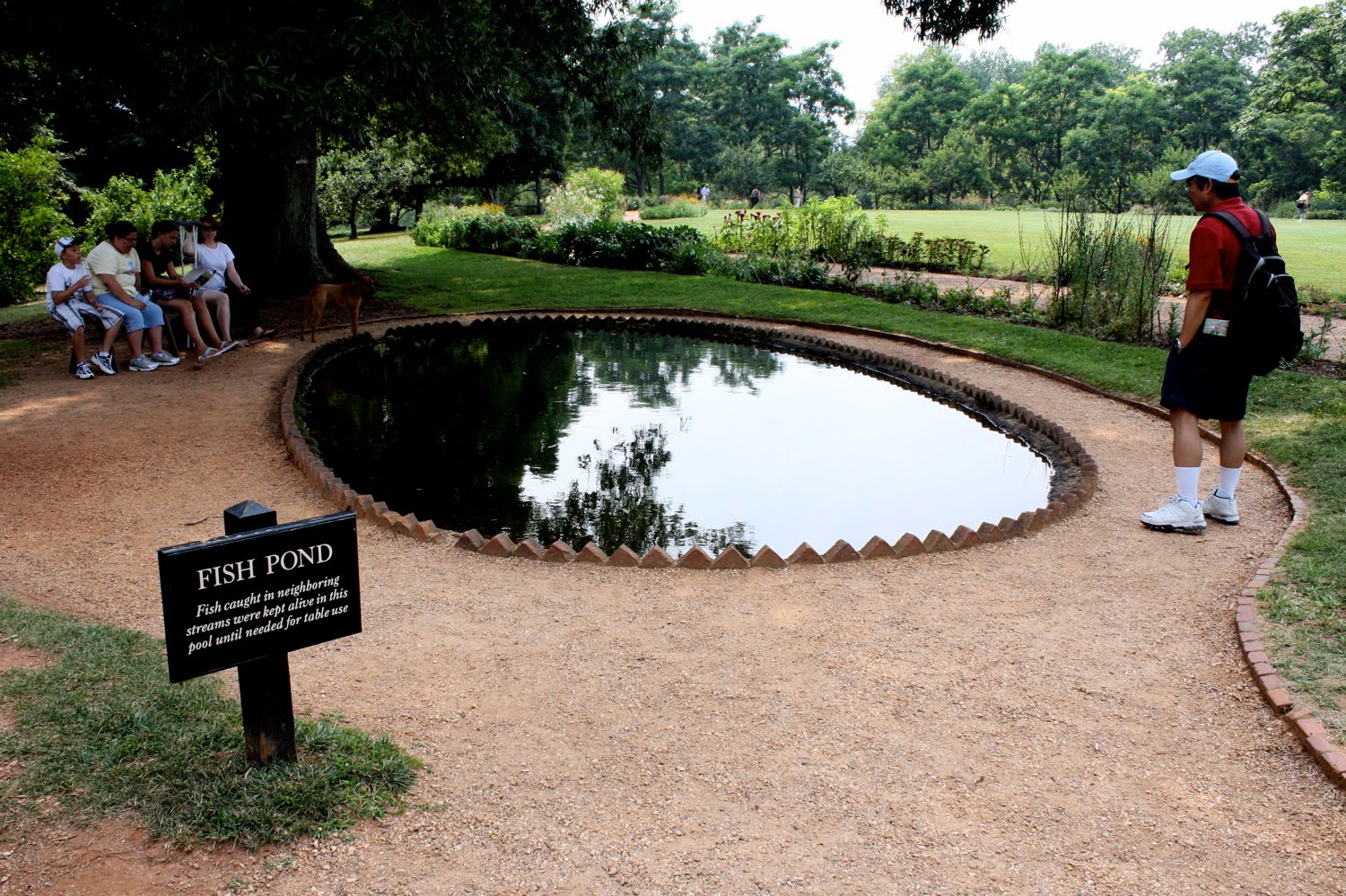This is a good thread, Ladylocust. It evokes a lot of thought and forces you to look critically at your situation. I have always looked at prepping in five general categories: Shelter, Water, Food, Fire, and Security. I will ask the question of each category.
Shelter: Yes. I am sustainable. My residence is not that old, and in very good repair. It isn't going anywhere and neither am I.
Water: Yes. I am sustainable. Beyond what I have stored I have surface water and catchment systems and ways to purify where needed. Water won't be an issue.
Food: No. I am not sustainable. We opt for long term storage and supplies, not grow and raise your own. We need more.
Fire: Yes. I am sustainable. In this category I include warmth. We could survive long term power outages. It would be uncomfortable, but we would survive. We have access to large amounts of firewood if needed, and methods to cut, process, and haul modest distances. We have more than enough clothing, blankets, portable heaters etc. to survive.
Security: In this category I would say we are 50-50. Can we protect what we have? Depends on who tries to take it, and how long the fire fight lasts. From common rabble probably yes. From a well armed and well trained force? No. In this category I would add medicine and first aid. For general first aid we are fine. Prescription drugs are an issue.
So am I sustainable? I would say somewhere in the 75% range. I know where the holes are, and we are working to improve.

















































